As the year comes to a close, we asked our team to each pick a short film that stayed with them this year. There was certainly no shortage of favourites all-round, but running through the eventual results (presented in no particular order) were themes that speak to the past 12 months: themes of perseverance, in the face of unthinkable hardship, through creativity and community; of resistance and liberation; and of solidarity with all oppressed and marginalised groups.
To that end, we want to once again repeat – and we will keep repeating it – our unequivocal demand for a full and permanent ceasefire in Gaza. Because nobody is free until everyone is. This Christmas, we invite you to keep doing what you can in the form of charitable donations, e-SIMs and collective action for the Palestinian people.
Thank you to each and every one of you for your support of GSFF24. We loved every second. We can’t wait to share our plans for GSFF25, our 18th edition which runs March 19-23, with you in the new year.
Dreams Like Paper Boats
Dir. Samuel Suffren
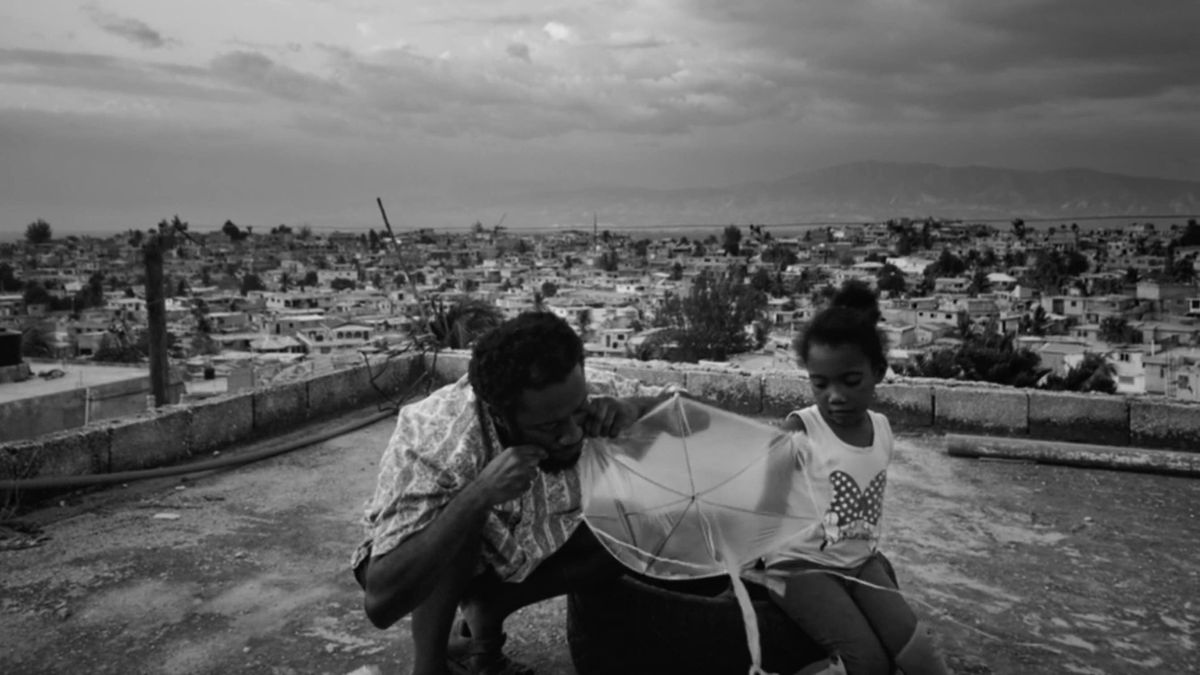
“I adored this tender yet unsentimental portrayal of a father-daughter relationship by Haitian director Samuel Suffren. The mother has left for a better life in America, and the father has only a tape recording from her to sustain him emotionally. The daughter, too young to remember her mother, soon outgrows what her voice alone can offer. Shot in crisp monochrome with documentary elements and dashes of surrealism, the film captured the spirit of Bill Douglas’s Trilogy in its poetic, elliptical storytelling. Suffren plays with time ingeniously to suggest a family stuck in limbo, unable to move forward and accept the inevitable tragic truth.”
Matt Lloyd, Festival Director
Few Can See
Dir. Frank Sweeney
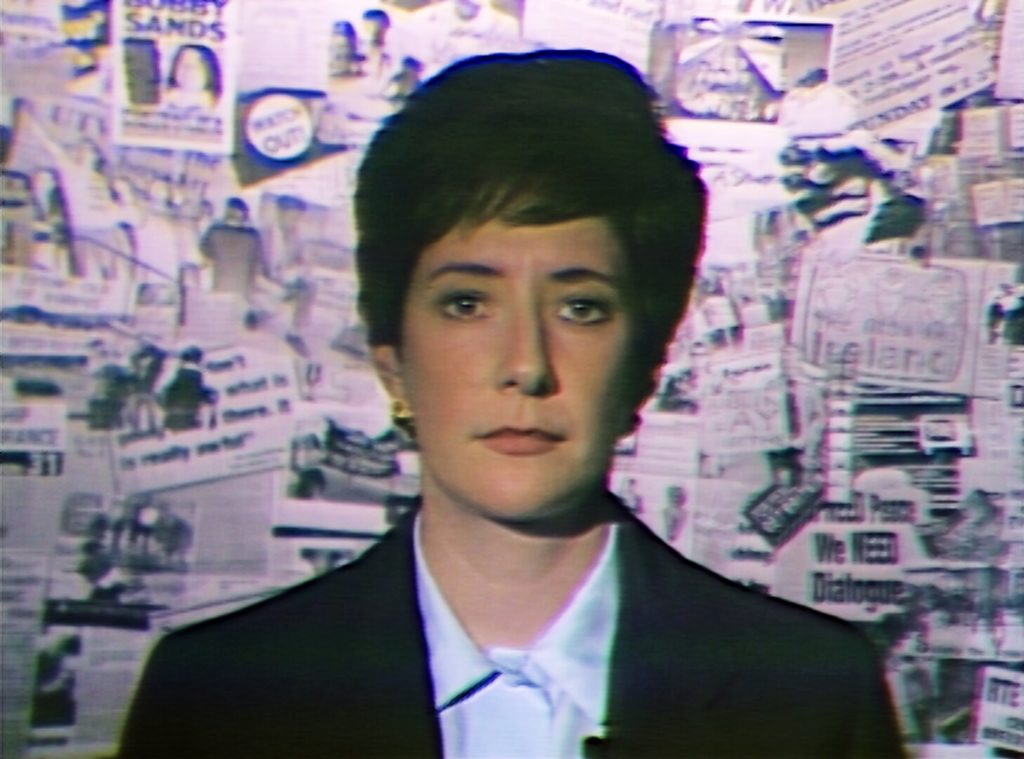
“Aesthetically enthralling, politically committed and wickedly funny, this work of speculative lost media sums up everything that draws me to the world of short(er)-form film. It articulates a highly creative provocation on broadcast censorship in Irish state media during the height of the conflict in Northern Ireland, when a maximalist interpretation of the Section 31 broadcasting ban kept scores of social movement leaders off the Irish airwaves, ostensibly labelling them as terrorist propagandists. Sweeney here imagines a past where these figures had space to express their views and experiences, featuring actors performing dialogue based on oral histories with these censored figures all in the format of a meticulously reconstructed 1980s current affairs programme. While so much of the dominant media apparatus works to control the narrative of an ongoing genocide through monstering Palestinian solidarity and driving its advocates out of public life, it also seems to me more timely than ever.”
Oisín Kealy, Programme Manager
Razeh-del راز دل
Dir. Maryam Tafakory
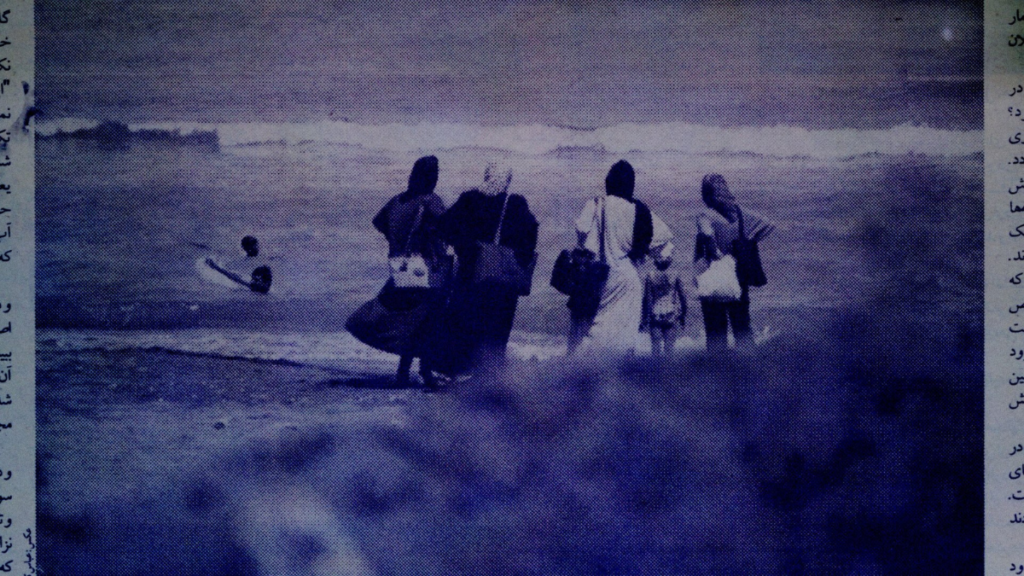
““What pain does film cure?” asks Maryam Tafakory’s Razeh-del. And I ask myself the same question too, while watching films day and (parts of) night – almost always for work, but also for passion too, because where is the line separating the two? In our always connected lives, continuously reminded of the mindless cruelty of an Imperialist state guilty of the live-streamed genocide of the Palestinian people; of governments trampling over the rights of trans people and discouraging them from existing; of the demands of our precarious jobs, uncertain futures, fundings pending, applications rejected, temperatures rising, attention spans declining, grey hair growing – will our pain stop? But Razeh-del is about unyielding resistance. It’s about facing erasure and mobilising to fight against it. Through meticulous, loving cinephilic research, Tafakory guides us through Iran’s first women’s newspaper, its national impact, and an unquenchable thirst for liberation. Film, maybe, won’t cure any pain, but I think it could ignite revolutions.”
Ren Scateni, Programmer
Chomp It!
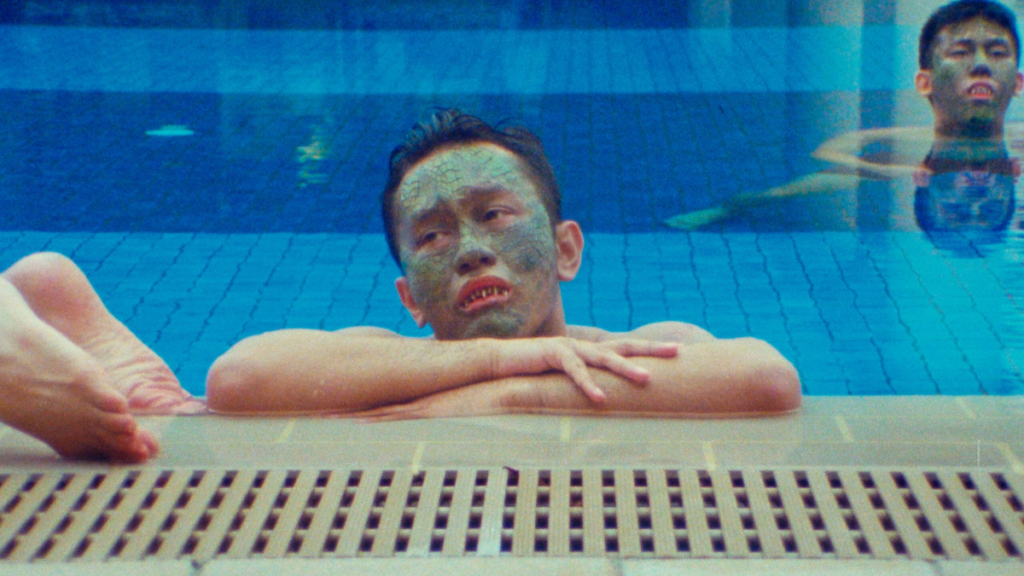
Dir. Mark Chua, Lam Li Shuen
“Two crocodilian men go to a swimming pool to cool off. One of them is seemingly of a different and special kind; the other is unable to control his desire. Coming to GSFF late this year, I actually first saw this film – which played in the Short Stirrers strand – at one of Queer East’s ‘On The Road’ screenings at the Cameo in Edinburgh. There’s a charming, lo-fi quality to the reptilian make-up used by Mark Chua and Lam Li Shuen from Singapore, a country where queer desire is pushed to the margins and towards which the artist and director quietly allegorise the stigma attached. Plus, its hazy, sun-kissed visuals are simply gorgeous to look at.”
Louis Cammell, Marketing Manager
Next Floor
Dir. Denis Villeneuve
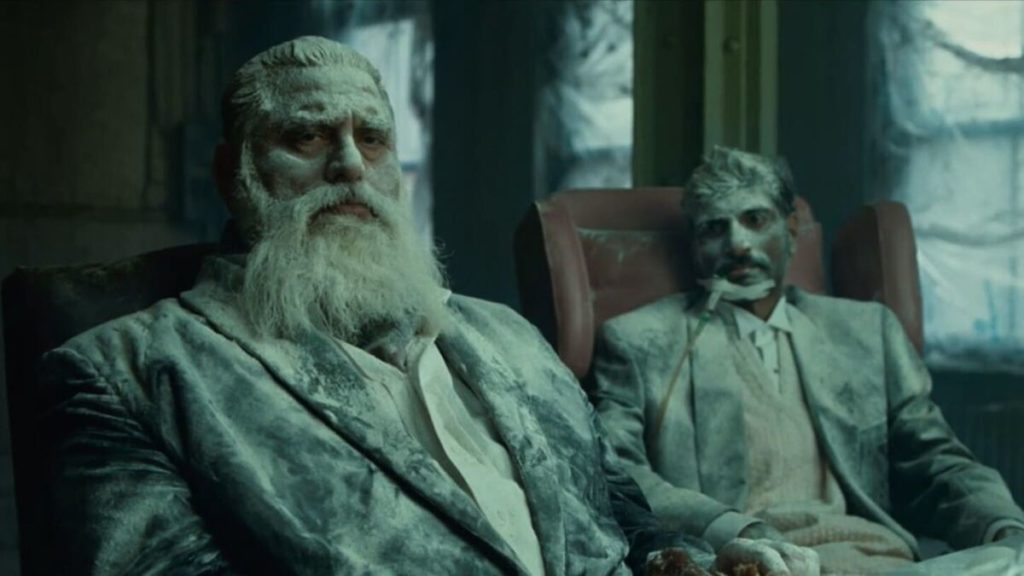
“This is a film [from 2008] that we haven’t shown but it’s a film that inspired me when creating a performance a few years back and I think now it’s still relevant. Denis Villeneuve’s Next Floor is a visually stunning and darkly satirical exploration of excess and greed. Set in an opulent dining room, diners gorge themselves as the floor repeatedly collapses beneath them, symbolizing humanity’s unsustainable consumption. Through grotesque visuals, deliberate pacing, and a hypnotic rhythm, the film critiques destructive cycles of overindulgence without uttering a single word. This film inspired me 10 years ago when I first started exploring short films, showing how we can tell powerful stories visually with minimal dialogue. Its bizarre, farcical critique of greed remains just as relevant—if not more so—11 years after its creation.
Hannah Wright, Guest Coordinator
If you haven’t already, sign up to our newsletter to keep up to date with all things GSFF.
Copyright (C) 2024 Glasgow Short Film Festival. All rights reserved.
Our mailing address is:
Glasgow Short Film Festival
The Forest of Black
1st Floor Rear, Grainstore
60 Tradeston Street
Glasgow G5 8BH